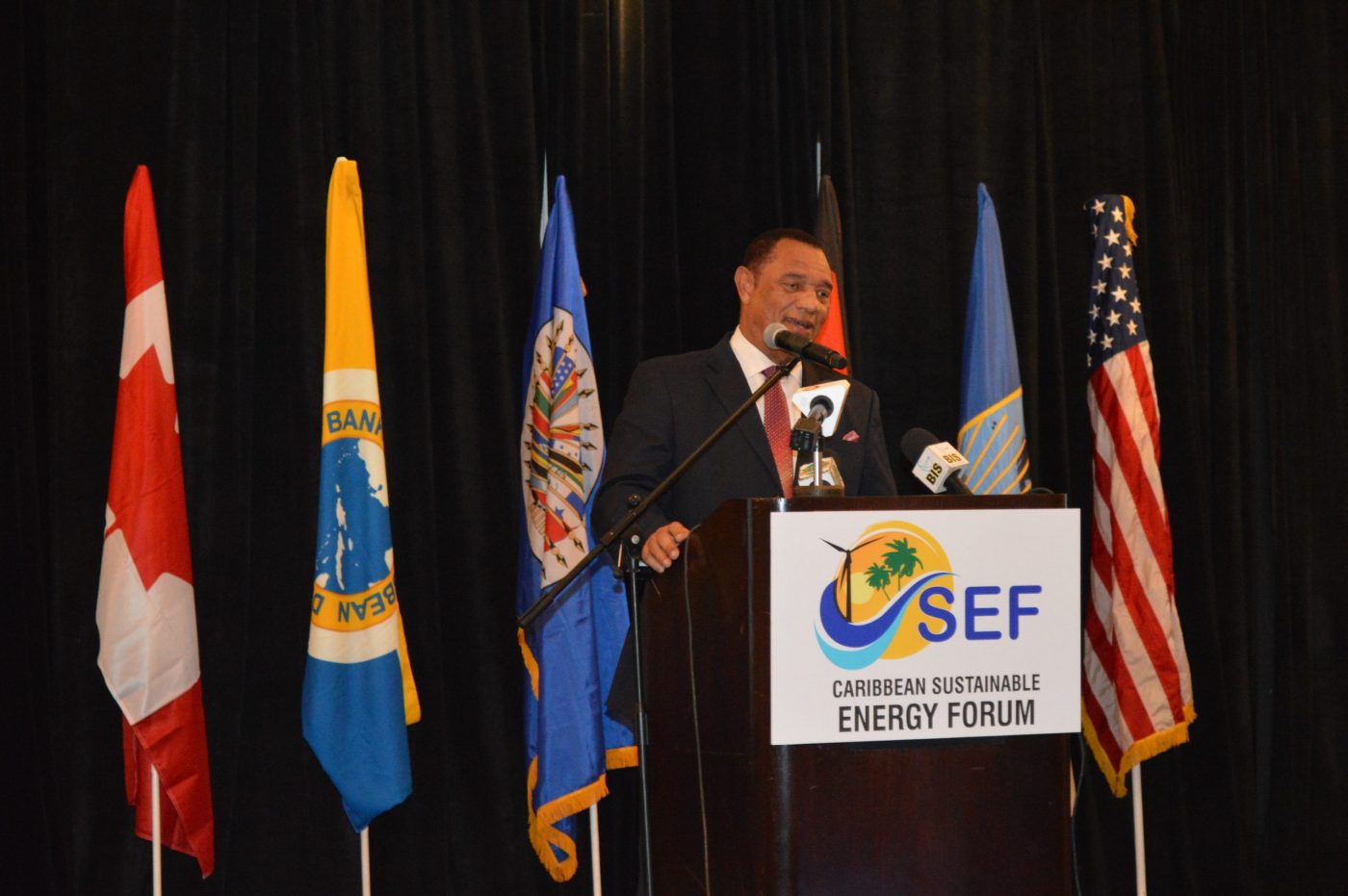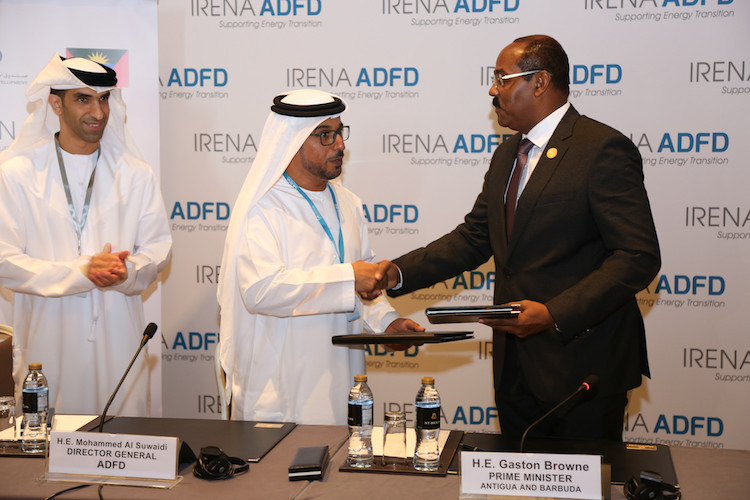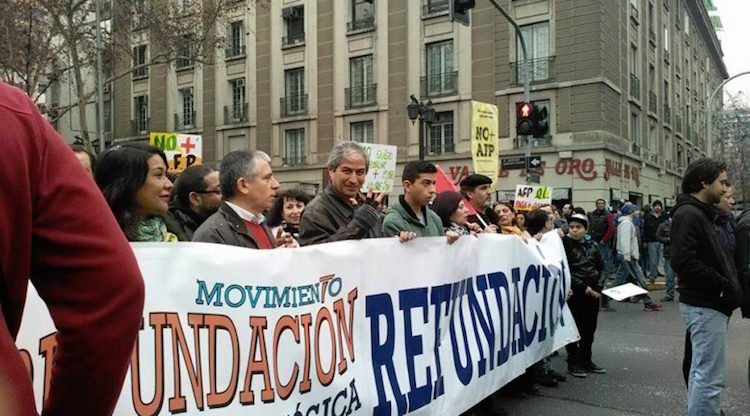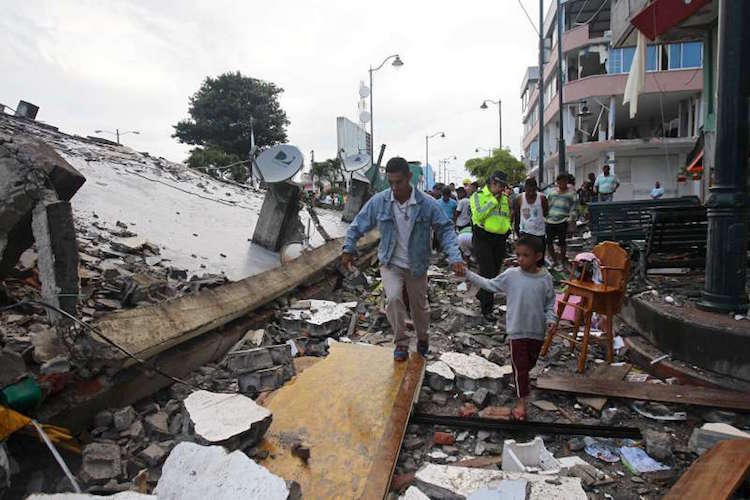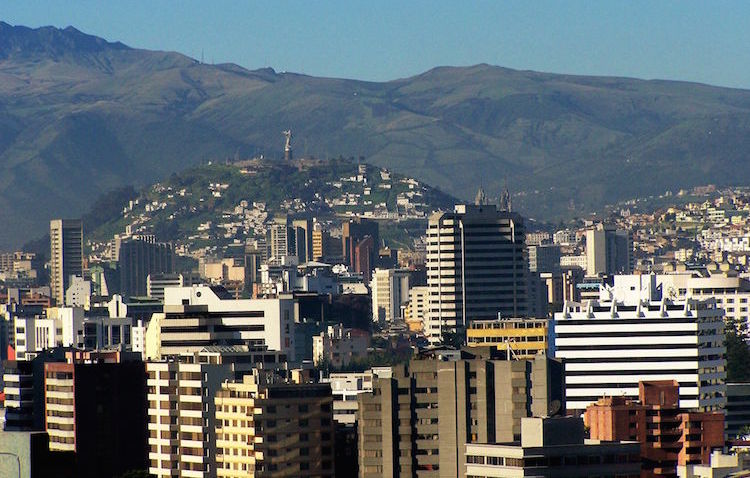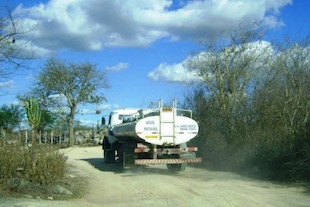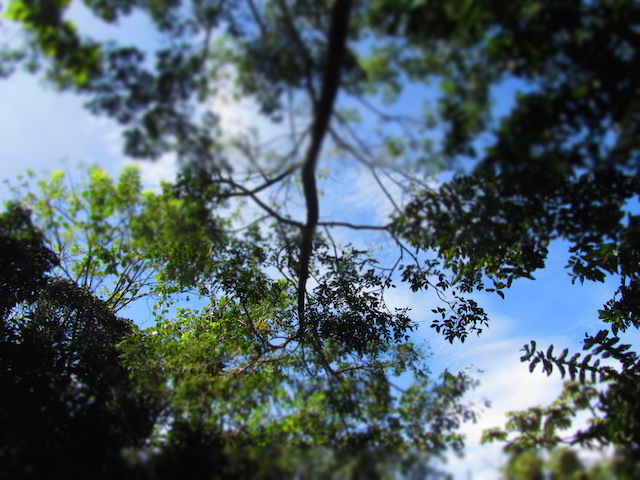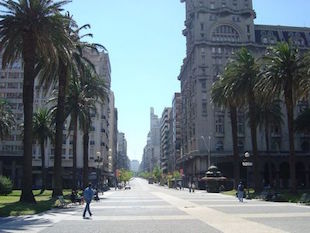By Desmond L. Brown
NASSAU, The Bahamas (ACP | IDN) – Caribbean countries have found themselves between a rock and a hard place. Already grappling with a myriad of challenges, including crime and weak economies, Caribbean Community (CARICOM) member states from Jamaica in the north to Guyana in the south are also now faced with extremely high energy costs.
Prime Minister of The Bahamas, Perry Christie, said his country and its neighbours must move with haste to transition to sustainable energy sources, something he believes would also help shore up their ailing economies and also address the crime scourge.

